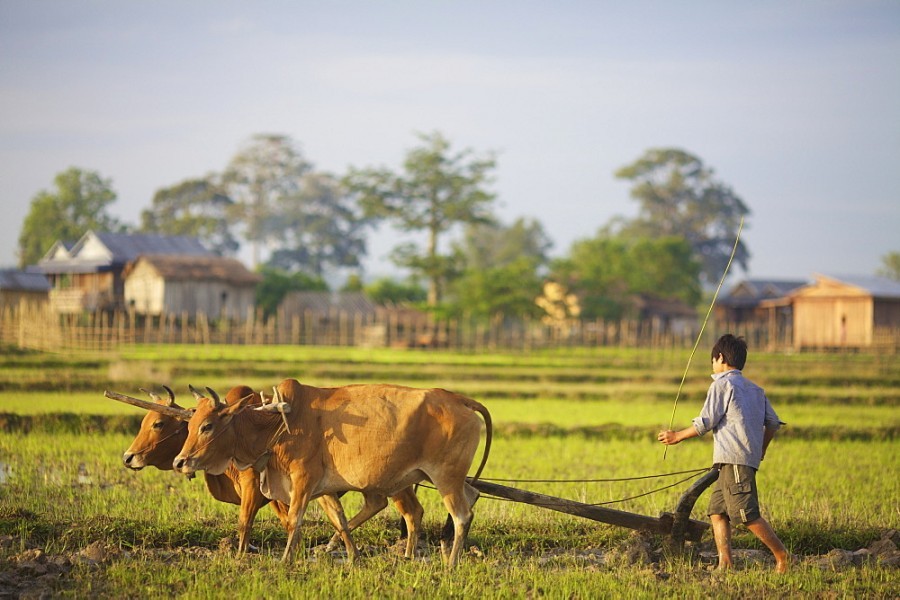Now industries, trade and transport are under shutdown and people are mostly held in lockdown. In consequence, agriculture can be a saving grace with redoubled production and opening safeguarded supply chain to deficient countries. Fisheries sub-sector is not a labour-intensive field of vital economic activity. Even then the sector holds huge potential to meet domestic demand and export to wherever needs created because of the pandemic. It is also true for dairy and poultry sub-sectors. Horticulture, largely area-specific, seasonally though, is no less promising.
Following partial lockouts on mills and factories as an exigent measure to prevent social transmission of the Covid-19 malaise, this enforced economic paradigm shift can be a blessing in disguise as huge mass of urban population migrated back to native homes. Retraining of these laid-off factory workers and other service-holders can give a fillip to these all-weather productive sectors.
Two more important things are of need: (a) full mechanisation and commercialisation of agriculture with set marketing chain based on demand-driven production and (b) forming cooperatives for enclosure of farmlands of smaller acreage. This promises to be an epoch-making economic transformation in Bangladesh. This will create formal jobs and remove farm-labour shortage from extreme rural-to-urban migration in search of a better life.
Economists believe such shift in priority, even if for the crisis time, can offset the side-effects of the expansionary monetary policy being pursued to funnel increased money supply into the economy; and for funding the government-announced bailout packages.
Citing all modes of industrialised economy some of the analysts say that the government focus on agriculture as a temporary crisis-resolution remedy is worth it. This ought to be ramified with a holistic approach to unlocking the potential of a bottom-up boom. Amid the coronavirus pandemic, the Ministry of Agriculture has taken several initiatives to help continue production and marketing of agricultural products. The initiatives include cultivating vegetables, fruits and other crops on fallow land on the premises of households. To keep farming smooth during the country's upcoming Boro season by maintaining the health rules to contain the Covid-19 pandemic, the field-level agriculture officials has been urged to make the movements of seasonal labourers engaged in paddy harvesting carefully.
The movement of vehicles carrying agro-products and concerned farmers to the 'Farmers Market' in city's Sher-e-Bangla Nagar area will continue on Fridays and Saturdays. The ministry concerned also directed all offices or departments under it to implement the initiatives. Instructions have also been given to district-level officials to buy rice directly from farmers. To provide free seed and fertilizer to farmers for the next crop season, a farm-rehabilitation plan is also underway. When they will work at field, farmers are also urged to practise social distancing.
Like farmers, poultry, hatchery and dairy workers are categorised as key workers for being involved in food production. Farm practitioners are working to continue to provide essential services during this difficult time. The priority is to maintain animal health and welfare while helping to ensure sustained production of safe food as well as minimising the risk of transmitting coronavirus between vets and farm clients.
Bangladesh Veterinary Association (BVA) highlights various elements of farm veterinary work that can be carried out remotely, such as health planning and medicine reviews. With the aid of video calling and a thorough conversation on the signs and symptoms, diagnosis and medicine dispensing can also happen without the need for a visit. Those working in the supply of veterinary medicines are included in the key workers' list released by the government. It is important that social-distancing guidance is followed when a visit to the farm is deemed necessary, for the safety of both the farmer and the vet.
Sarwar Md. Saifullah Khaled is a retired Professor of Economics and Vice Principal at Cumilla Women's Government College, Cumilla.


